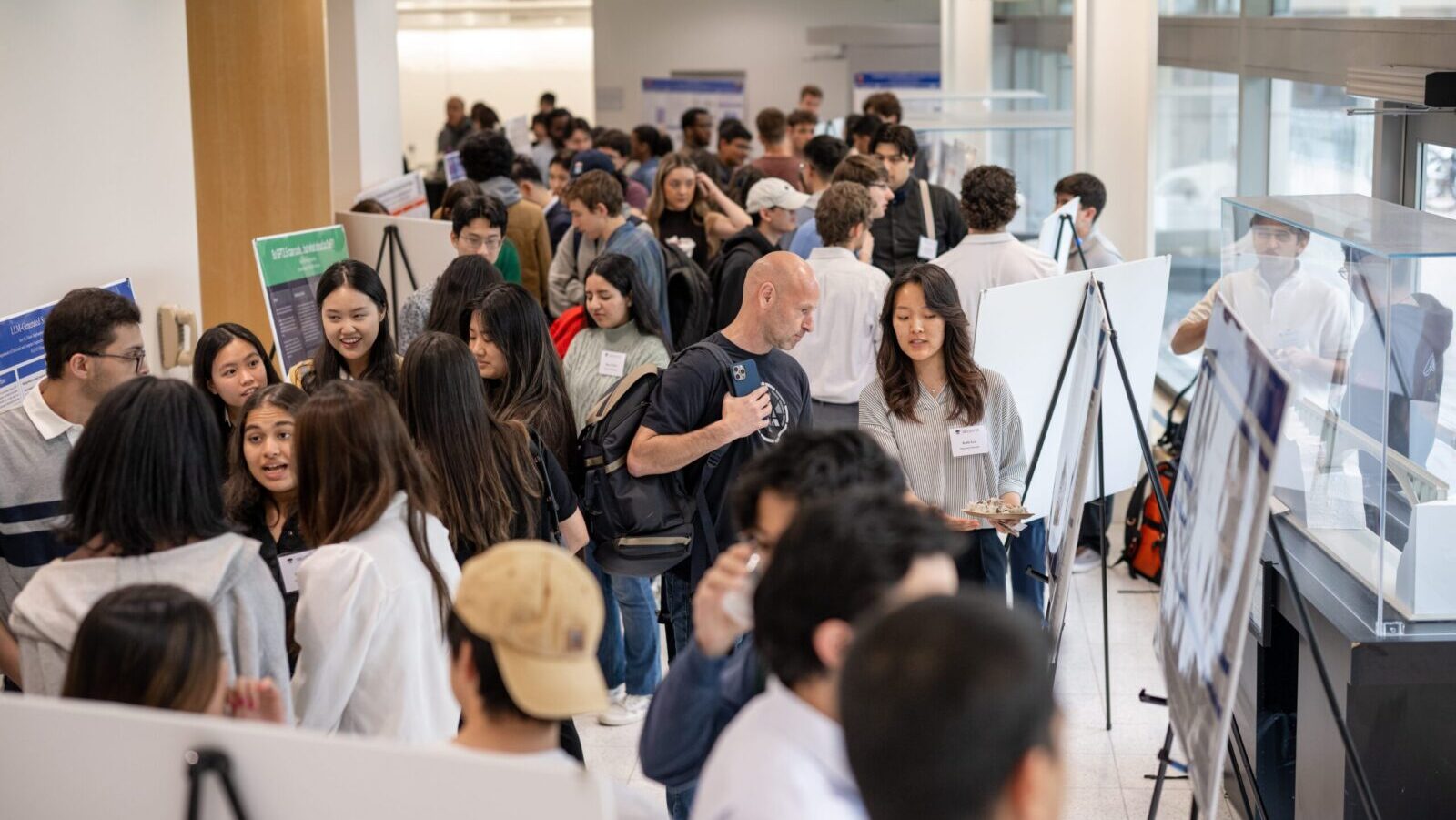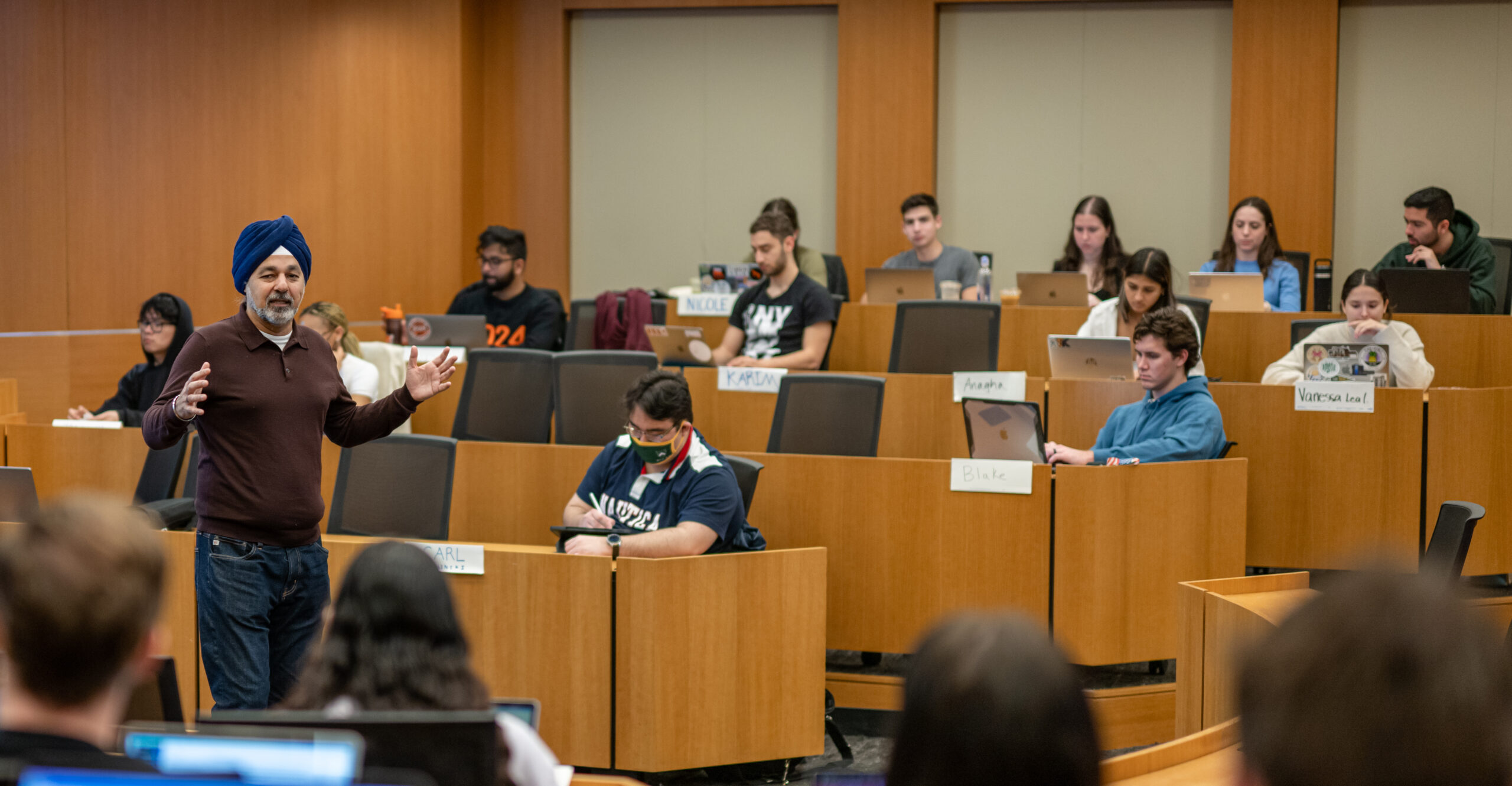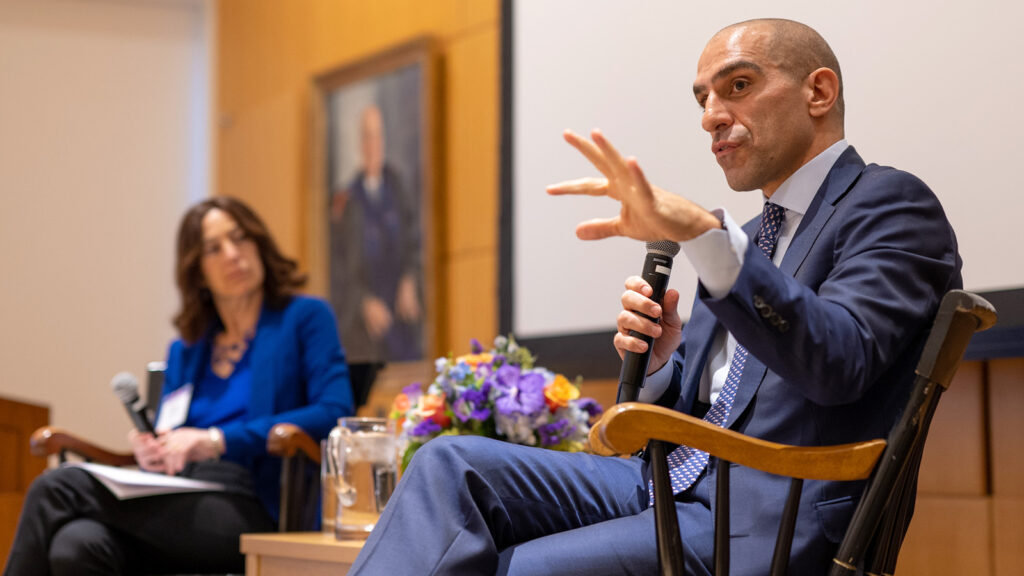Princeton Center for the Decentralization of Power Through Blockchain Technology (DeCenter)
New technologies that provide trust without centralization could transform many aspects of society, including financial, business, and social systems. The Princeton DeCenter examines the most important applications of blockchain, drives interdisciplinary research and education across applications and foundational blockchain technologies, and promotes the development and understanding of the policy, governance, and societal implications of this fast-growing field.

DeCenter White Paper; Decentralizing Power Through Blockchains: Key Research Questions Across Disciplines
The DeCenter’s first white paper takes a first-principles approach to long-term questions surrounding blockchains and the decentralization of power. We draw on concrete developments in technology, business, policymaking, and international affairs and develop themes and principles that apply well beyond those developments.
In keeping with the DeCenter’s mission, this work is deeply interdisciplinary. The whitepaper highlights opportunities and challenges requiring collaboration across academia, including computer science, engineering, the social sciences and humanities, as well as with the business, entrepreneurial, and regulatory sectors.

DeCenter 3rd Annual Spring Conference
The DeCenter Spring Conference takes a deep dive into blockchains and the changes in power structures that can result from the “trust without centralization” they provide. The conference spans fundamental infrastructure, important application use cases, and implications for society at large. The conference convenes a wide range of experts – computer scientists, engineers, economists, political scientists, ethicists, human rights advocates, regulators, politicians, and industry, ecosystem, and startup leaders. Participation is by invitation only.
The conference runs under the Chatham House Rule, but you can read the comprehensive Executive Director reflection letter here.

Education
Current and recent courses across Princeton that address societal and technical issues related to blockchain technologies.


Wide range of leaders convened at DeCenter Inaugural Summit

Interdisciplinary Vision
The Princeton DeCenter brings a balanced and highly interdisciplinary approach to advancing blockchain technologies and analyzing their impacts. Our faculty and students span computer science, electrical and computer engineering, public policy, economics, politics, and ethics.
